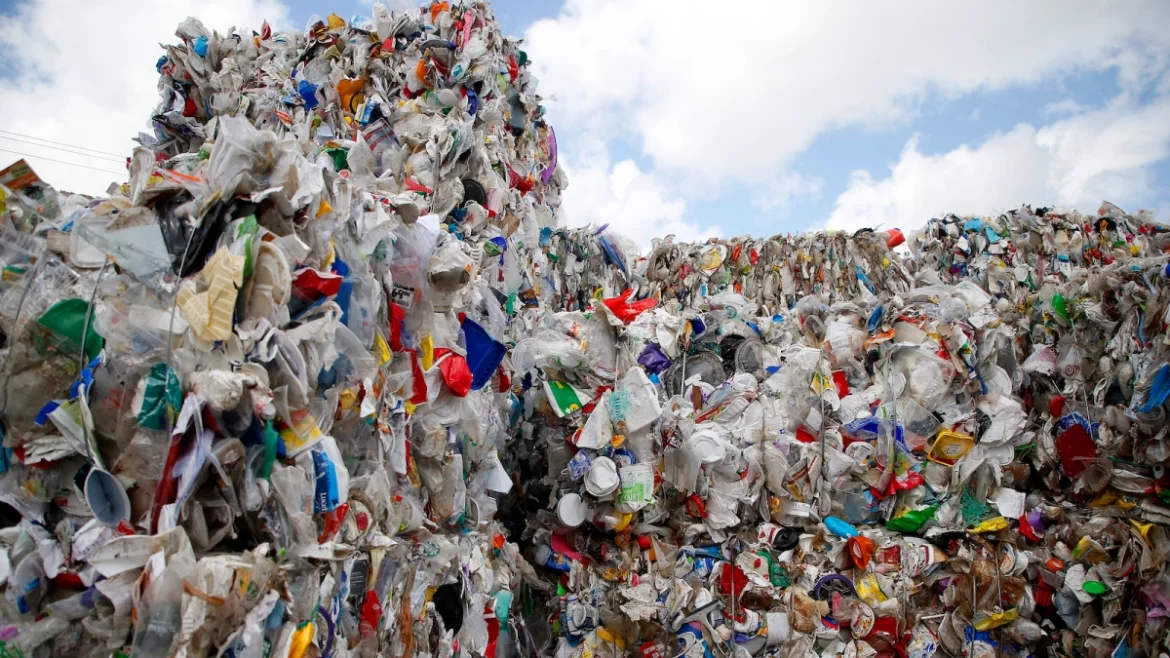A global plastics treaty’s first round of discussions came to a close on Friday with an agreement to stop plastic pollution. However, there was a disagreement on whether objectives and efforts should be universal and obligatory or national and optional.
The Intergovernmental Negotiating Committee (INC), which comprises more than 2,000 representatives from 160 nations, is convening in Uruguay for the first of five sessions with the goal of creating the first legally binding agreement on plastic pollution by the end of 2024.
A “High Ambition Coalition,” which included members of the European Union, competed in the negotiations in the coastal city of Punta del Este against nations like the United States and Saudi Arabia, which are home to some of the largest plastic and petrochemical corporations in the world.
Antonio Guterres, secretary-general of the United Nations, described plastics as “fossil fuels in another form” and encouraged countries to take action against pollution and production.
Read also: US proposes plan for banks to manage climate-related financial risk
Recall that members of the United Nations agreed in March to establish the convention to address the scourge of plastic trash, but they disagree on key points, such as whether to restrict plastic production, phase out specific types of plastics, and unify international regulations.
The High Ambition Coalition, which consists of more than 40 nations and includes EU members, Switzerland, the host country Uruguay, and Ghana, wants the treaty to be based on binding global regulations, such as production limits.
According to Switzerland in its position statement, it will be difficult to manage the global and growing challenge of plastic pollution without a uniform international regulatory framework.
However, a U.S. State Department spokesperson said in a statement that the United States was committed to working with other governments and stakeholders throughout the INC process to develop an ambitious, innovative and country-driven global agreement.
Saudi Arabia stated that it wants a treaty addressing plastic litter that is based on national conditions and built on a bottom-to-top strategy, but critics say such a strategy would make a worldwide pact weaker.
At the meetings, business representatives emphasized the importance of plastics in daily life and urged the pact to concentrate on combating trash rather than measures that would reduce production.
Even though some nations disagree on the direction the deal should go, some observers noted that there appears to be a growing consensus that plastic pollution is more than just trash getting dumped in the ocean.
Story was adapted from Reuters.
